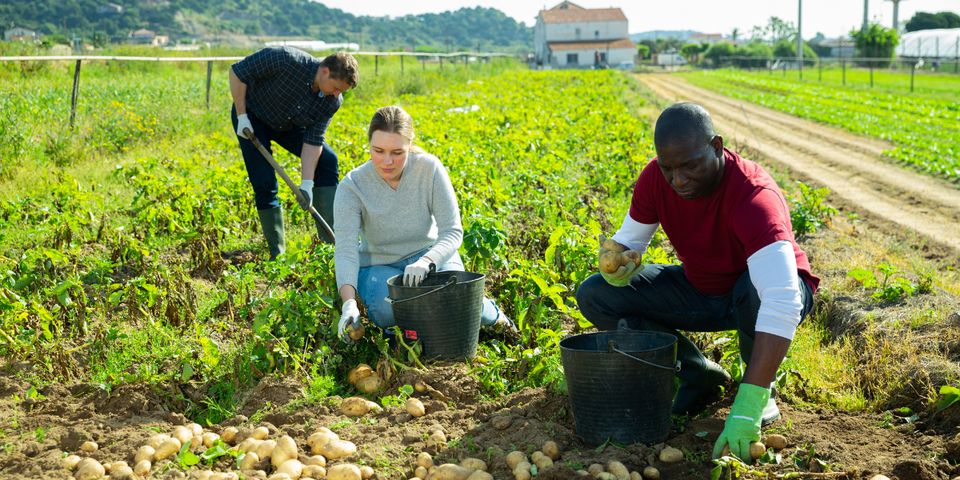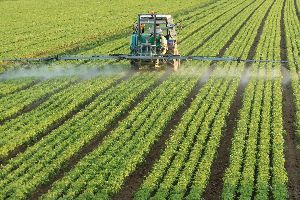4 Common Fungal Diseases in Missouri Crops

Even hardy crops can be susceptible to diseases and infections, including fungus. Missouri’s humid weather can be both a boon and a burden to farmers, as many fungi thrive in moist conditions. Fortunately, with the right farm supplies, including efficient irrigation and fungicides, you can prevent most issues. Here are some of the most common fungal infections to watch out for.
4 Common Fungal Infections in Crops
1. Downy Mildew
Like all mildew, downy mildew thrives in moist conditions. This fungus can affect a range of plant species, including onions, lettuce, kale, spinach, herbs, and peas. Symptoms include yellowish spots on the upper leaf that eventually turn brown and white or purplish downy growth on the leaves’ undersides.
Watering in the early morning can help prevent prolonged leaf wetness, reducing the risk of infection. Pruning or staking plants and weeding frequently can help improve airflow around the plant as well.
2. Crown Rot

Crown rot, sometimes called southern blight or southern stem rot, comes from a soil-borne fungus that thrives in heavy, wet earth. It can affect crops such as winter cereals and many vegetables, including tomatoes, peppers, eggplants, and asparagus. It can also infect trees and shrubs.
You may notice weak produce with yellowish discoloration. Planting in well-drained soil and using raised beds can reduce the risk.
3. Rust
Rust disease refers to more than 5,000 species of fungal parasites that feed off of living plants. It gets its name from the orange or reddish-brown pustules it can cause on leaves and stems. It is highly contagious since the spores can be passed from infected plants to healthy ones via wind or water. Keeping plants spaced appropriately can prevent infection, as can dusting plants with sulfur or another fungicide.
4. Damping Off
Damping off, or root rot fungi, usually occurs in poorly drained soil. It can infect established crops or attack seeds before they emerge. Seeds that are infected typically grow stunted and yellow before dying. Efficient soil irrigation can reduce the risk of infection. Before planting seedlings, ask your local farm supplies store for recommendations for equipment that may help seeds thrive.
If you are a Polk County, MO, resident in need of farm supplies, bulk seed, or fertilizer, turn to Bolivar Farmers Exchange. This locally-owned and -operated company has been a cornerstone of the community for more than 100 years, providing a range of lawn and garden supplies and agricultural services and products. Call (417) 326-5231 to speak with a helpful staff member to determine what they can do for you, or visit the website to browse their selection of farm supplies online.
About the Business
Have a question? Ask the experts!
Send your question

